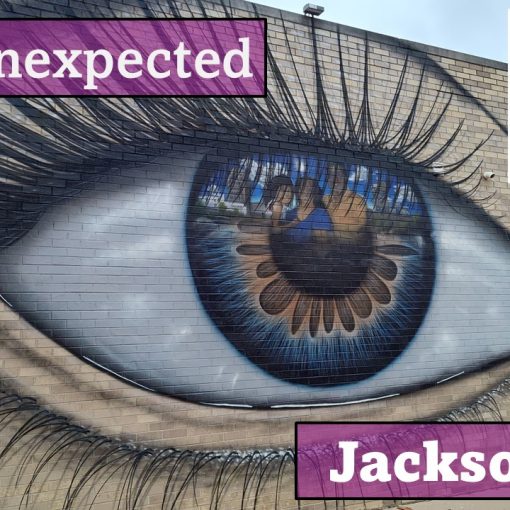
From the stucco patio of our hotel room in Cagliari, Sardinia we could hear drumming. It was a Thursday, February 20th so we weren’t sure what the event may be. Chuck and I asked the hotel manager where the parade was located. “Well, can’t you hear it?” He gestured to the door.

When we slipped through the door it was evident that the rally was just down the street. Adults and children alike were dressed as clowns and pirates and were marching up the street toward us.

Confetti flew in the air as the variety of characters advanced and passed us. The drum beats radiated and the cheers were energizing. No one just stood and observed, they all merged together and mingled into the troop. We followed and blended in with the costumed insurgents.

After several blocks the whole group stopped at Piazza Yenna. (A walking plaza with cafe chairs set out on the sidewalk.) The masses mixed into the group surrounding the circle of drummers at the center. The chanting became more vigorous and animated.

I held up my phone and recorded. I wasn’t sure what they were shouting. Was it in Italian? Was it in Sardo? (The language of the Sardinian island.) They were all so exuberant and forceful with their chanting. Their flag quickly came to mind.

It features the cross of St. George and four Moorish (Islamic) kings who were beheaded in a battle with Sardinians.
Their flag which they wave proudly features the four Moorish (Islamic) kings who the Sardinians had beheaded and displayed on their flag in 1281. The red cross signifies St. George, who “appeared” on the battlefield to help the Sardinians defeat these Moorish kings.

Sardinia is a rough place to live. Still today most men carry a knife. (Chuck really likes this.) Located in the middle of the Mediterranean Sea between Spain, France, Tunisia, Algeria and Italy, Sardinia would provide a strategic post for any country. Many surrounding nations have attempted to invade and conquer this island. Sardinians avoided the coast, where they would be vulnerable, and settled in the center of the island and established villages on the central plateau or in the mountain regions. Just as the inhabitants had since 4,000 B.C.E. (Before the Christian Era or Before the Common Era)

When we returned to Hotel Flora, we played the video for the manager and asked if he could translate. He shook his head. He was French and moved to Sardinia “for love.” He spoke French, English and Italian but not Sardo, the language of the island. He quickly called to another worker in Italian and explained our question. This gentleman listened to the video and interpreted in Italian to the manager who translated the song to English. This transaction of language gave me goosebumps. It was incredible for this American to observe the craft of communication as these men gracefully flowed from one translation to another. I have lived a sheltered, narrow existence. I marveled at their abilities.

As it turns out, the crowd was shouting a nursery rhyme listing fish that live in the Mediterranean Sea: Gambro, shrimp, Geoticio, Kingfish, Sparloota and Pogerelle. The enthusiasm and pride was evident as the masses collectively cantered these words. I laughed at myself thinking of the concern I had carried. It was a kid’s song, for goodness sake! What a heartwarming village! Their patriotism was fantastic! It was all part of the Strove Thursday leading up to lent. (This is comparable to Mardi Gras.) “Sa Ratantira,” the drumming group, chose clowns as the theme.

My teacher heart felt happy. I couldn’t wait to get to know more about Sardinians in the upcoming days as we traveled around the island.





